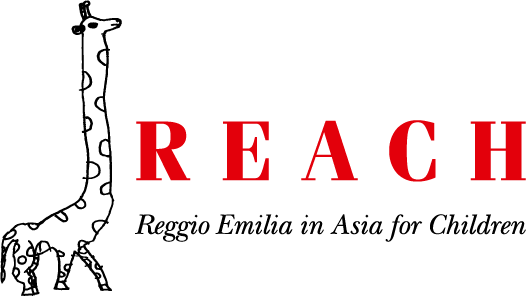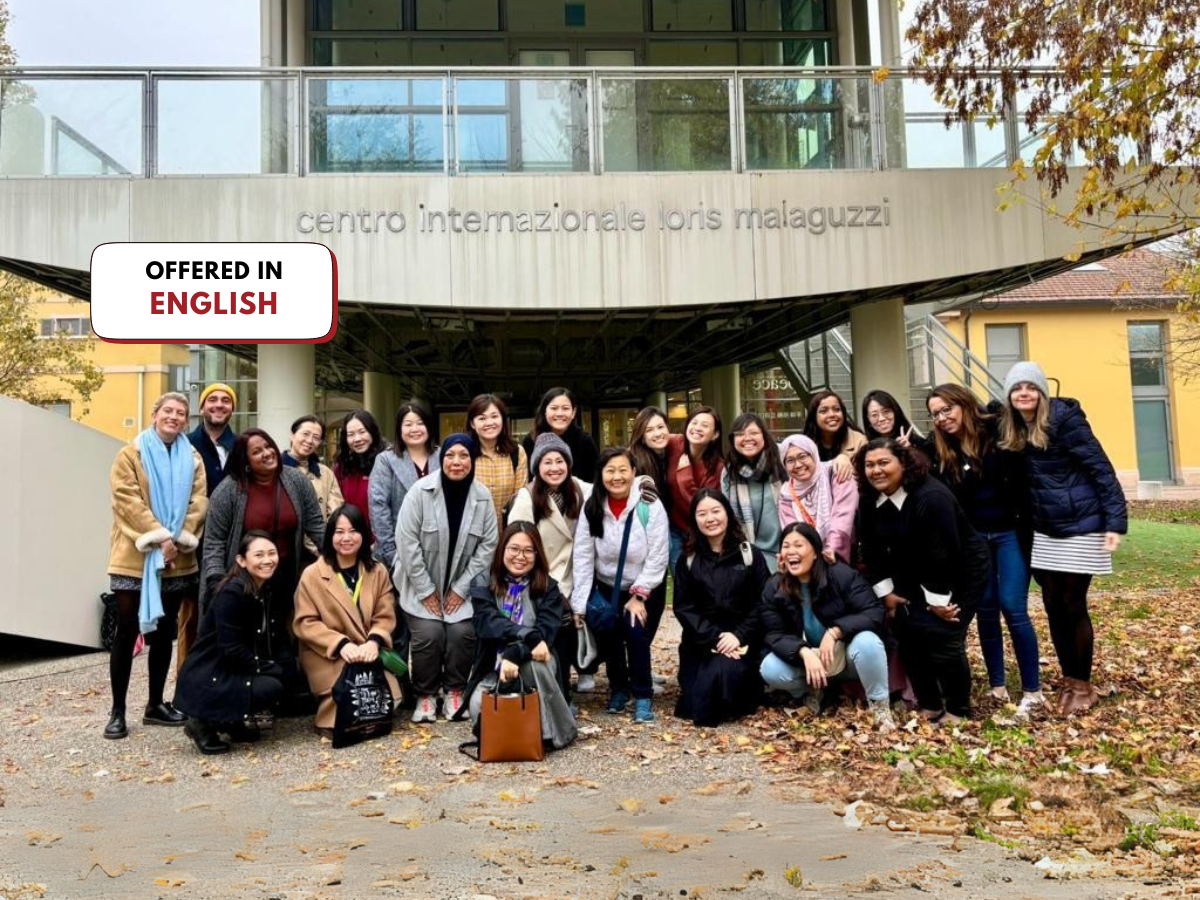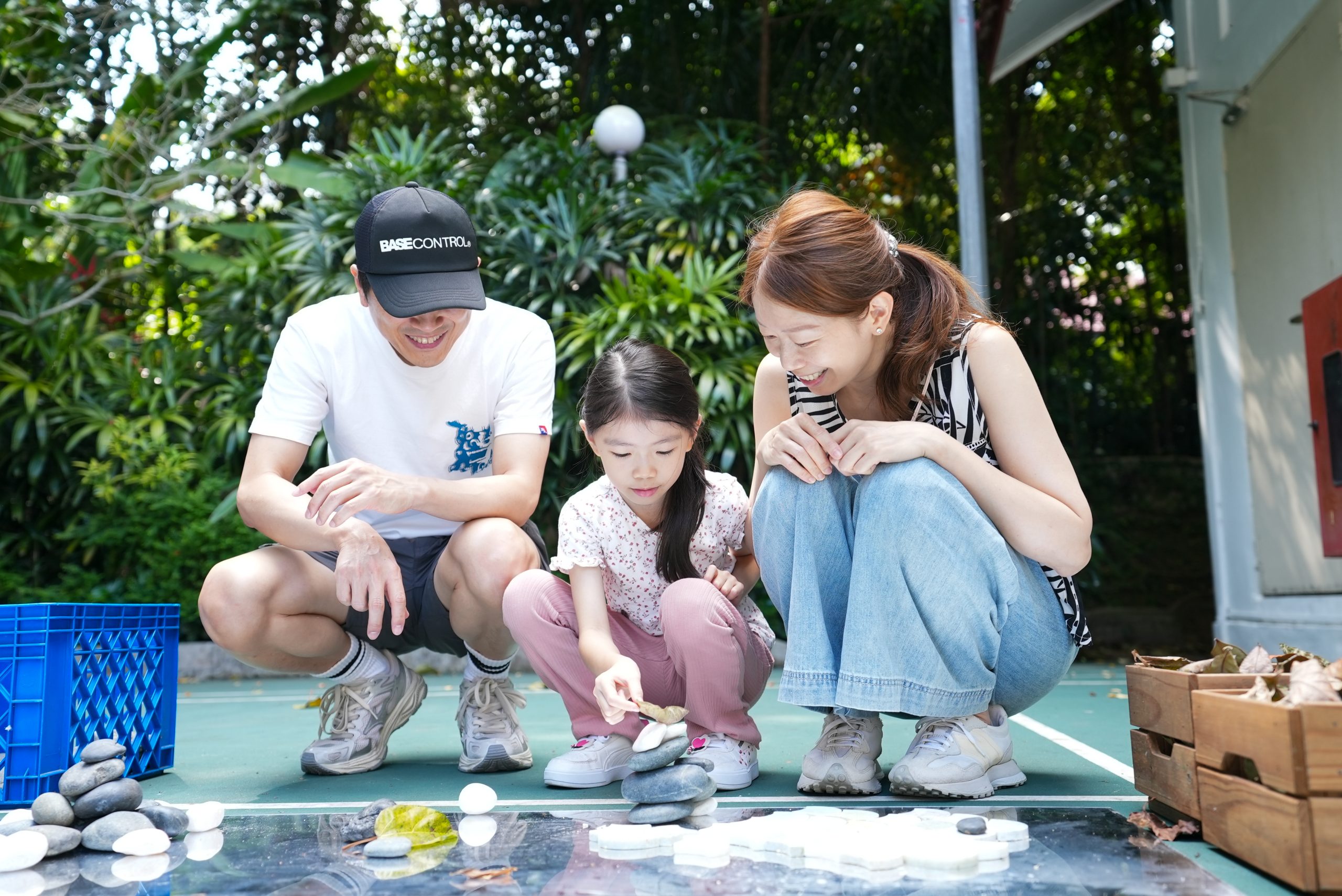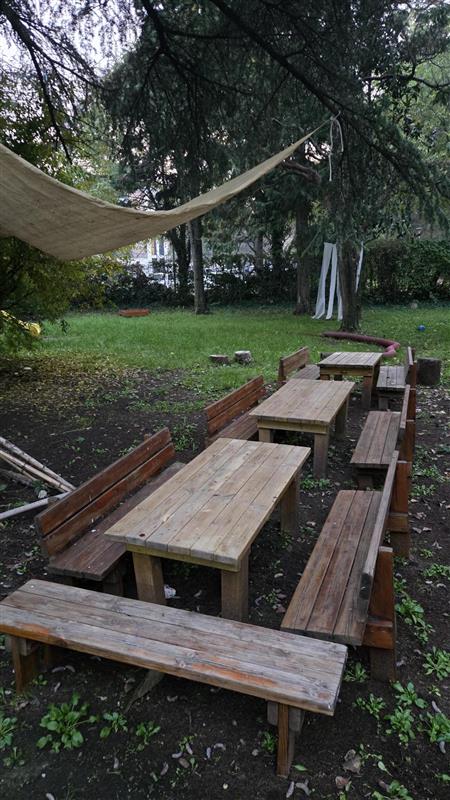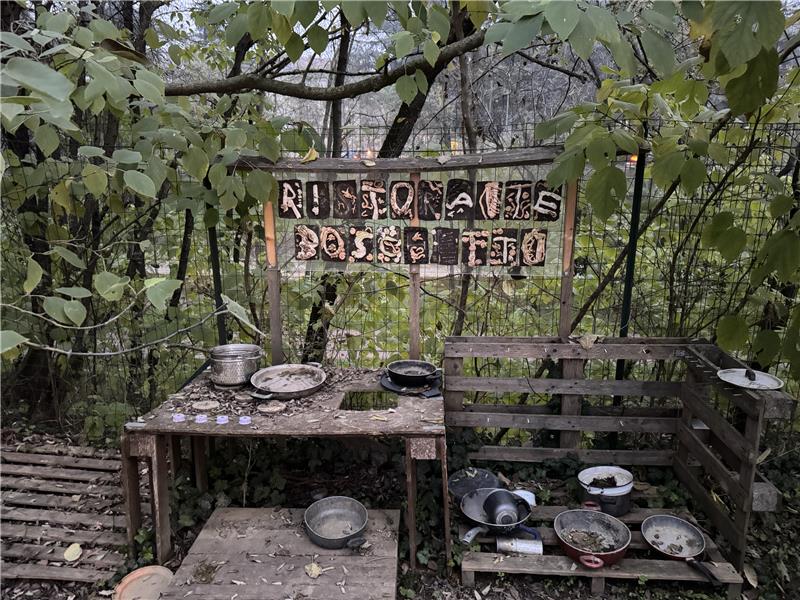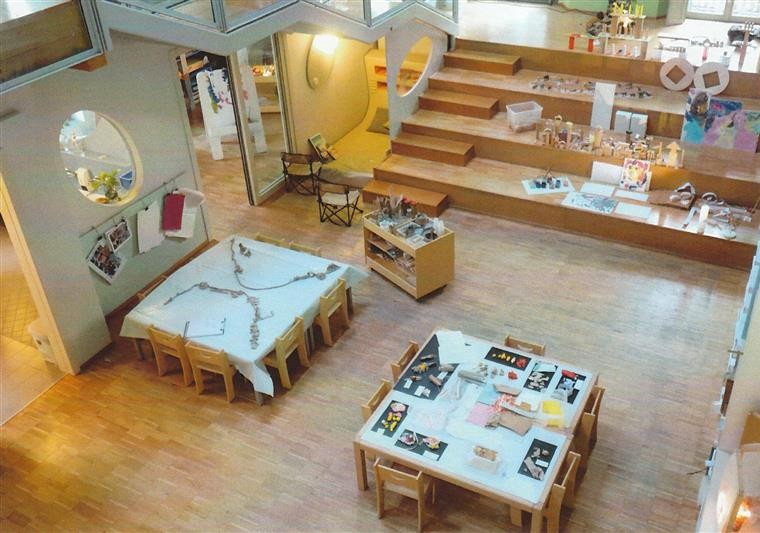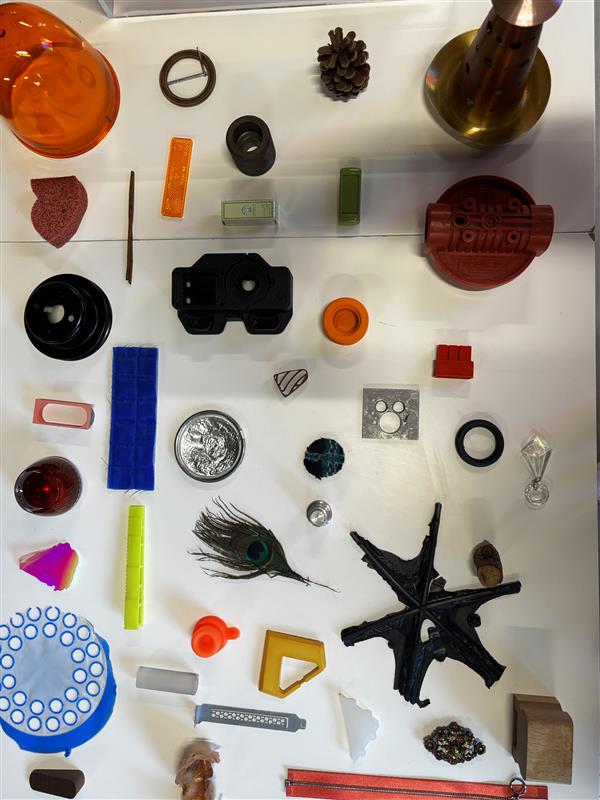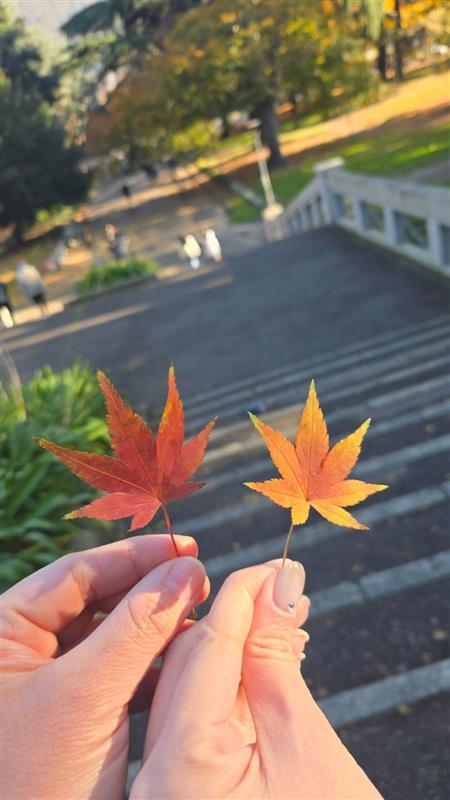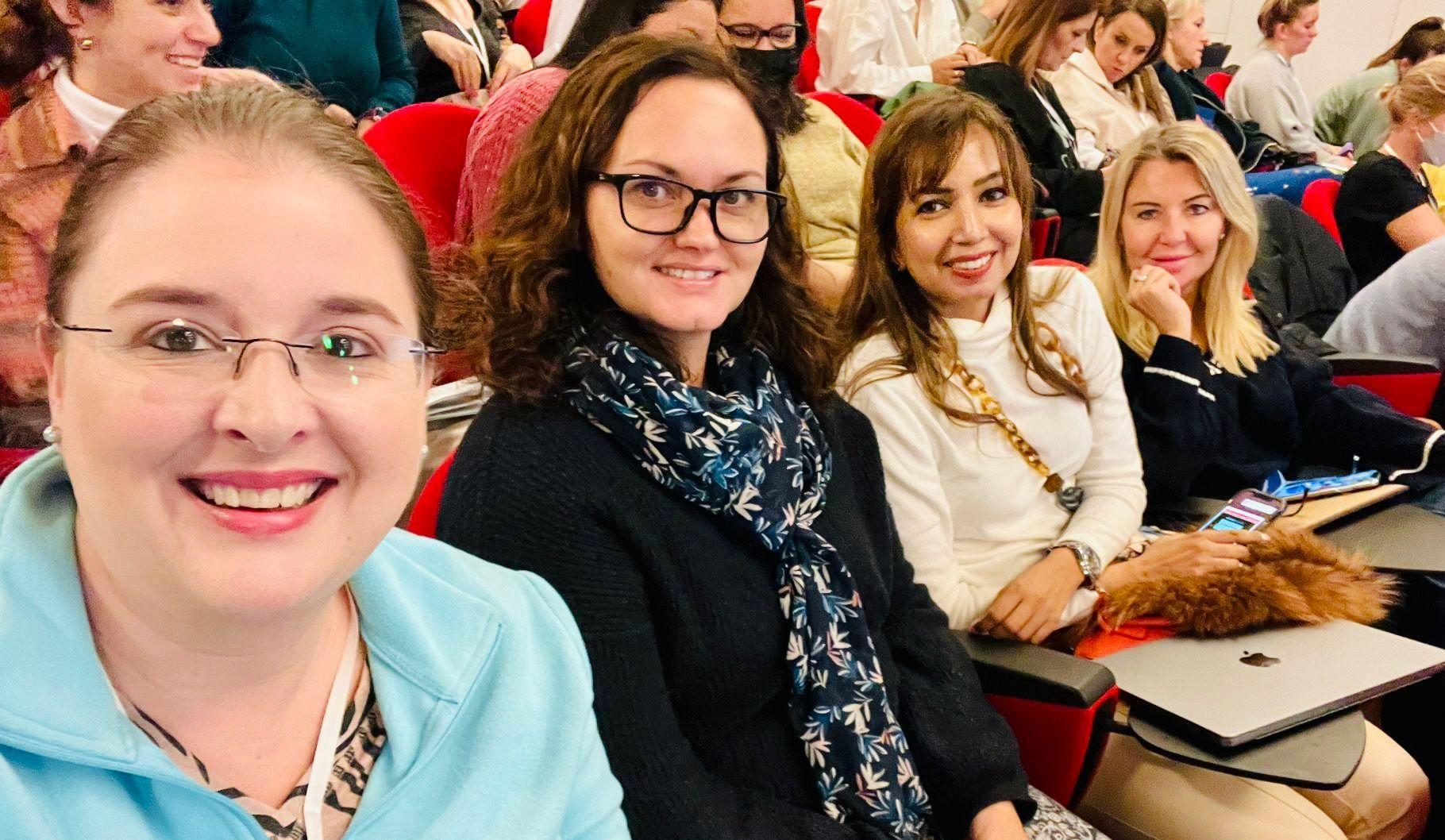- HOME
- PROFESSIONAL LEARNING
- International Study Group
International Study Group
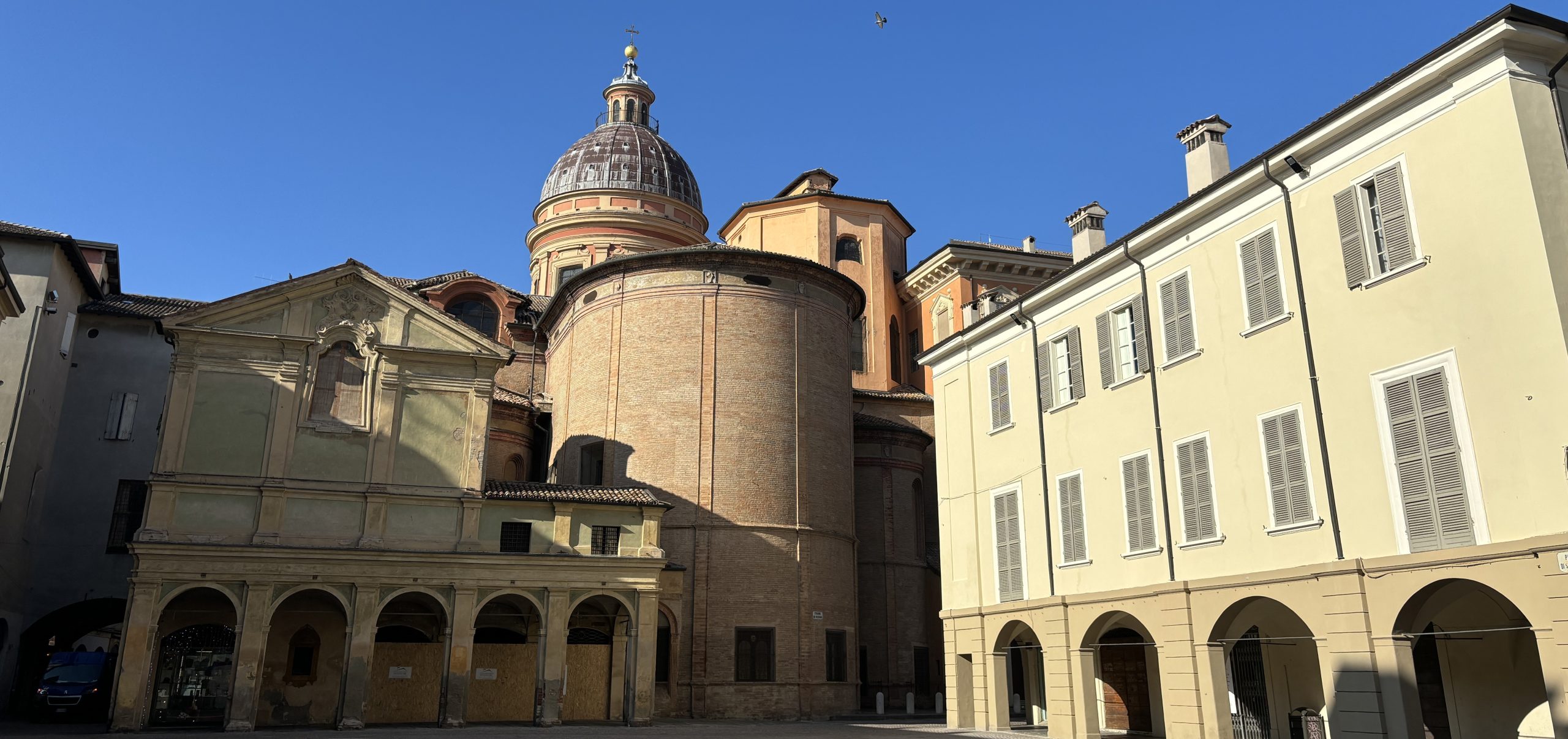
International Study Group in Reggio Emilia
Offered in both English and Mandarin, this immersive experience brings educators from around the world to Reggio Emilia, Italy, to engage with the foundational principles, values, and practices of the Reggio Emilia Approach in its cultural and pedagogical context.
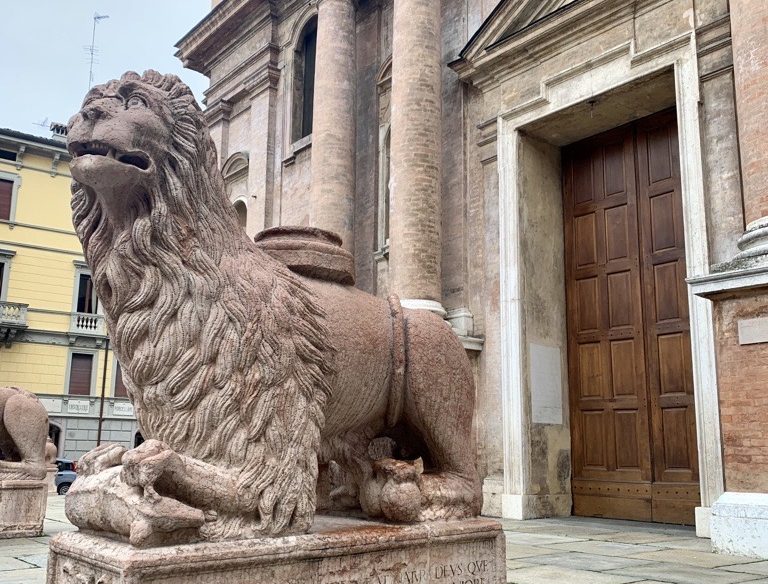
Step into the Reggio Emilia Experience
The International Study Group in Reggio Emilia is a professional development experience like no other. Every year, educators from around the world gather in Reggio Emilia, Italy, for a transformative journey into the philosophy, values, and educational practices that have influenced generations of educators and schools globally.
REACH partners with Reggio Children to offer two unique study group experiences—an English-medium International Study Group and a Chinese International Study Group with full Mandarin support. Both programmes are curated with pre- and post-trip dialogues to help participants connect theory to practice.
Why Join the International Study Group?
Attending a study group in Reggio Emilia offers far more than a conference or workshop. It is an immersive experience designed to:
Get inspired by the pedagogistas And atelieristas who work at the Loris Malaguzzi International Centre.
Visit Infant-Toddler Centres and Preschools in Reggio Emilia to observe how environments, relationships, and documentation come together in real settings.
Experience the atelier as a place for research, creativity, and learning—guided by atelieristas who will deepen your understanding of materials and expressive languages.
Reflect on your own practice through facilitated discussions, collaborative dialogues, and cultural encounters.
Build an international network of educators passionate about children's learning, rights, and the potential of education to shape society.
Two Study Group Experiences. One Purpose.
- 17 - 21 November 2025
- Reggio Emilia, Italy
- 27 - 31 October 2025
- Reggio Emilia, Italy
For enquiries, reach out to us at enquiry@reach.edu.sg or connect with us on WeChat at ‘REACH_CHINA’.
Reflections
The Reggio Emilia Approach to early childhood education places a strong emphasis on the role of families in a child’s learning journey. Unlike traditional educational models where parents play a secondary role, Reggio Emilia settings view families as essential partners in the learning process. This philosophy fosters a culture of collaboration, respect, and shared responsibility between educators, children, and families.
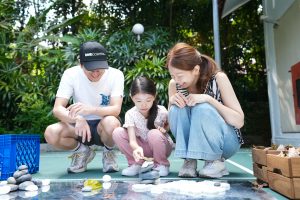
One of the key principles of Reggio Emilia is the belief that children learn best in a supportive, community-driven environment. Parents are encouraged to participate actively in their child’s education, not just as observers but as contributors. They engage in regular discussions with teachers, help document children’s progress, and even take part in classroom activities. This partnership ensures that learning extends beyond the classroom and into the home, creating a seamless connection between school and family life.
Furthermore, Reggio Emilia settings value the diversity of family backgrounds and perspectives. Educators recognise that each family’s unique culture and experiences enrich the learning environment. By integrating family traditions, languages, and values into the curriculum, children develop a deeper understanding of the world around them. This inclusivity fosters a sense of belonging and respect among all members of the school community.
In conclusion, the culture of families in Reggio Emilia settings is one of active participation, mutual respect, and shared learning. By embracing family involvement, these schools create a nurturing environment where children, parents, and educators grow together as a learning community.
Reflection by:
Joanne Tong
Senior Quality Assurance Manager
E-Bridge Pre-School
Reflecting on the study trip to the Loris Malaguzzi Centre in Reggio Emilia, Italy, has led to a significant transformation in my views on environments for young children. The Centre and the pre-schools we visited exemplify Malaguzzi’s vision, embracing a philosophy that sees children as capable, resourceful, and active participants in their learning journey.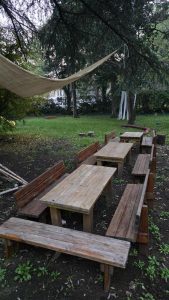
The concept of the “hundred languages of children” resonated profoundly, emphasizing the value of various forms of expression and learning beyond traditional education approach. The significant impact of long-term, inquiry-based learning was clearly visible in the children’s intricate projects, which were carefully planned and facilitated to align with their interests and questions. The atelier, a space for exploration and experimentation with different materials, showcased how creative expression promotes critical thinking and problem-solving skills.
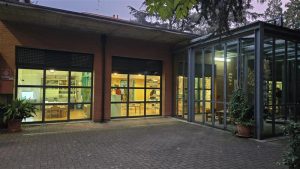
The focus on documentation, not merely as a record but as a means for reflection and dialogue, was especially striking. The thoughtfully displayed project documentation-featuring photographs, documentations, and children’s artwork— revealed the depth of their learning processes and the educators’ insightful observations.
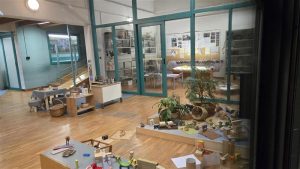
The collaborative spirit among educators, children, and families was evident throughout the pre-schools. Its environment, designed to encourage interaction and communication, reflected a community committed to nurturing children’s potential. This experience has deepened my appreciation for the importance of creating learning environments that are responsive, stimulating, and respectful of children’s natural curiosity and creativity. The Reggio Emilia Approach should not be seen as a method to replicate. but rather as an inspiration to foster a culture of listening, observation. and respect for children’s interests and abilities.
Reflection by:
Cathy Chew
Senior Centre Leader
E-Bridge Pre-School
Participating in the recent study group in Reggio Emilia was a transformative experience that deepened my understanding of its educational philosophy. Immersing myself in this inspiring environment, I was moved by the emphasis on seeing the child as capable, the power of collaboration, and the innovative practices that celebrate curiosity and creativity as the heart of learning.
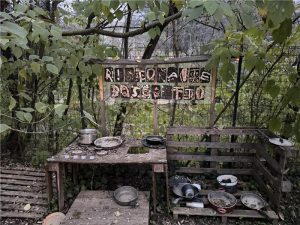
I gained a deeper appreciation for the idea that children build their lives through the knowledge and experiences they encounter and the relationships they form. Identity emerges from these interactions, shaped by the balance between belonging and recognizing differences. In education, time is key for these processes to unfold naturally, embracing mistakes and risks as essential parts of learning. Children thrive when given the freedom to explore, exchange ideas, and navigate conflicts. Through these experiences, children not only develop empathy but gain a greater understanding of others.
I also learnt that the Reggio Emilia Approach takes a social-constructivist view of teaching and learning, emphasizing the creation of contexts where children can lead their own learning. This happens through the interplay of their ideas with those of others and the world around them. In this framework, the adult’s role is to design environments that empower children to explore independently, rethinking traditional notions of teaching and learning. They model being active participants by giving a voice to various subjectivities and to the group.
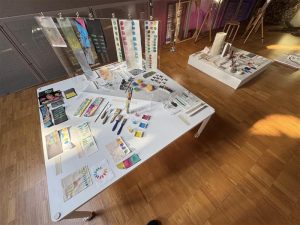
Teachers used documentation as a tool to gather information and the children’s responses to explore their own teaching, to inform professional dialogue and to generate questions and inquiry about the children and their learning. It is then shared with children and families to enable them to interpret, reflect upon, evaluate and co-construct the meaning of experiences. Therefore, observation and documentation are invaluable tools, serving not only as records but as reflective practices that enrich learning for both children and adults.
Reflection by:
Nurafahsha Binte Mohamad Ya’acob
Class Teacher
EtonHouse Pre-School Mountbatten 223
Participating in the study group reaffirmed a belief that has shaped my practice for years—the Atelier is more than a physical space; it is a living culture that nurtures thinking, creativity and relationships. It is a space where children’s ideas take shape, where their hands and minds work in harmony, and where their voices are truly heard. The Atelier is a place of possibility, filled with curiosity, dialogue and deep exploration.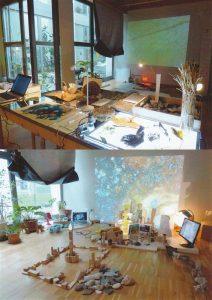
One of the most powerful reminders from this experience was that working with children is not about giving them answers. It is about walking alongside them, wondering together, embracing the unexpected and trusting in the process of learning. The Atelier cultivates this by offering an environment where children are encouraged to experiment, take risks and make sense of their world in their own way. Mistakes are not seen as obstacles, but as part of the journey, leading to new understandings and deeper connections.
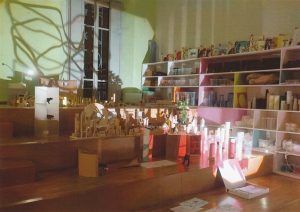
Inclusivity within the Atelier resonated deeply with me. When a space is designed with intention, it welcomes every child, inviting them to explore in ways that feel natural to them. I have seen first-hand how thoughtful arrangements of materials spark curiosity, how open- ended evocations inspire collaboration and how the environment itself becomes an active participant in the learning process.
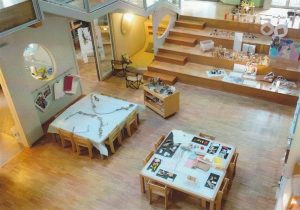
What stood out most was the role of storytelling. Every brushstroke, layered material, and quiet moment of observation is a story that links past experiences to discoveries. Learning and storytelling are not separate; they are intertwined, shaping the way children make sense of their world and strengthening connections between school, home and community.
This experience has deepened my commitment to fostering a culture of the Atelier—one that honours children as thinkers, creators and storytellers. More than ever, I feel inspired to create spaces where their ideas can flourish, their voices can be heard and their creativity can unfold in ways that are meaningful to them.
Reflection by:
Vivien Khoo
Class Teacher
EtonHouse Garden School by the Bay
Materials can speak. We can hear them if we choose to listen. They contain stories, histories, and unseen possibilities. Humans are ingrained to engage with materials through the narrow lens of function. Once we assign a material it’s purpose, we close off to others. A button belongs on clothes, a box is for storing items, and once a piece of bubble wrap has fulfilled its purpose (and inevitably been popped), it is discarded as waste.
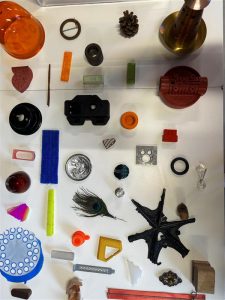
Let’s take a step back. What if, instead of asking a material, “What are you for?” we asked, “Who are you?” What if we looked at materials as subjects rather than objects? What if we pushed aside our preconceived assumptions and allowed curiosity to guide us?
As with anything in life, the less we know about a subject, the more intriguing it becomes. Asking, “Who are you?” when encountering a material shifts it from an object to be used into a subject to be studied, researched, experienced, and listened to. It invites us to focus on its qualities—how it looks, feels, sounds, smells—how it can be perceived. Within this deep connection, unique perspectives emerge, shaped by individual experiences. A simple shift in perception opens doors to wonder: what could you be? What could you become? What stories do you hold?
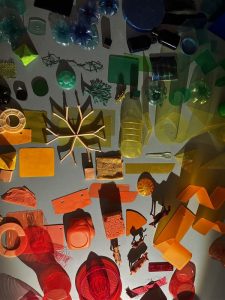
Allowing ourselves to rediscover and recharge materials with fresh eyes breathes new life into explorations and experiences. A piece of coloured plastic can transform into a magical canvas for light exploration. An unknown round metal part from an old clock can become the eye of a dragon in an imaginative storytelling session. Materials do not and should not serve a singular purpose. They should remain open invitations for heuristic play, inquiry, research, experimentation, and reinvention— sparking dialogues that redefine what is possible. If we allow materials to speak, they will reveal not only what they can become, but what we, too, are capable of imagining.
Reflection by:
Aletia Viola
Curriculum Coordinator
EtonHouse International Pre-School Claymore
My recent trip to Reggio Emilia, Italy, was a truly eye-opening experience that deepened my understanding of the Reggio Emilia Approach and its profound impact on early childhood education. While my pre-school shares many of the same beliefs and values as Reggio Emilia schools, our identity remains distinct—like two leaves from the same tree, similar yet uniquely shaped by our environments.
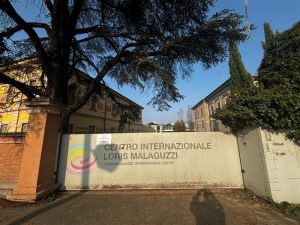
One of the key takeaways from my visit was the idea of creating an identity card for my pre-school. Just as Reggio Emilia schools develop their identity based on their community, history, and values, I was inspired to craft a representation of our own philosophy—one that reflects our unique context while staying true to our shared belief in child-centered learning.
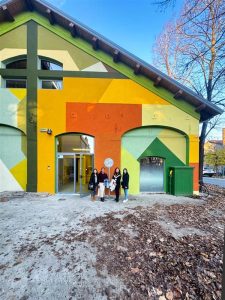
Exploring the Ateliers in Reggio Emilia pre-schools was another highlight. These creative spaces, from clay and natural materials to light and digital media, allow children to express their thoughts in multiple ways. While my pre-school values the same emphasis on creativity and exploration, I recognize that our implementation must be adapted to our own cultural and structural context.
I was particularly struck by how Reggio Emilia pre-schools cross social boundaries when selecting a focus for children’s inquiry. Their approach fosters deep engagement with real-world issues, prompting me to reflect on how I can better involve families and the wider community in shaping children’s learning experiences.
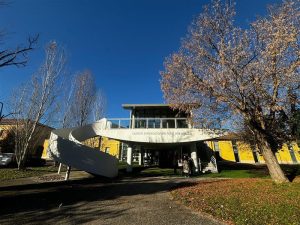
Additionally, my trip reinforced the importance of observation and documentation—a practice we value but can further refine. The intentionality with which Reggio Emilia educators capture children’s learning has inspired me to enhance our own documentation methods, ensuring they truly reflect children’s voices and thinking processes.
I acknowledge the challenges in bridging our aspirations with practical implementation. The biggest hurdle is not just adopting new ideas but shifting mindsets—helping various stakeholders see beyond traditional methods to embrace a more open-ended, inquiry-driven approach. However, despite these challenges, I am inspired to embark on this journey with my team, shaping our own unique interpretation of the Reggio Emilia philosophy.
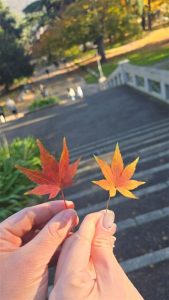
Like two leaves—rooted in the same philosophy yet shaped by different environments—our pre-school will continue to evolve, staying true to our identity while embracing the spirit of Reggio Emilia’s innovative approach.
Reflection by:
Elmilia Binte Abu Bakar
Centre Leader
E-Bridge Pre-School Sengkang Square
